"Gen Z Revolution Sweeps Nepal's First Female Prime Minister into Office"
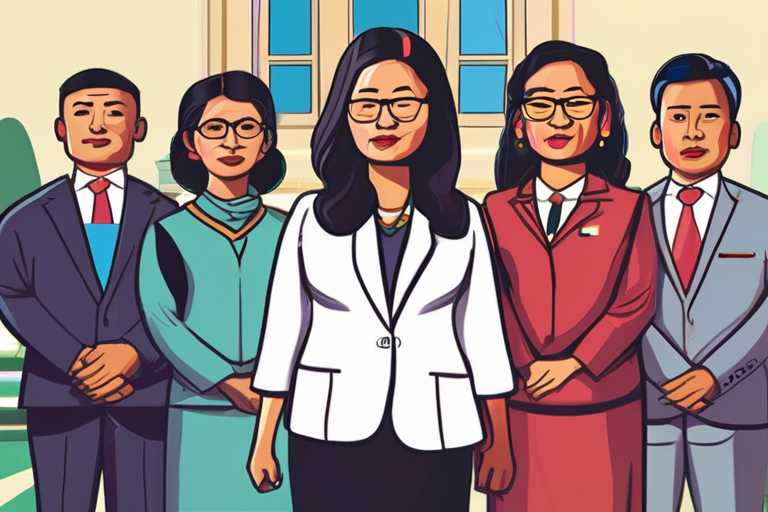

Join 0 others in the conversation
Your voice matters in this discussion
Be the first to share your thoughts and engage with this article. Your perspective matters!
Discover articles from our community
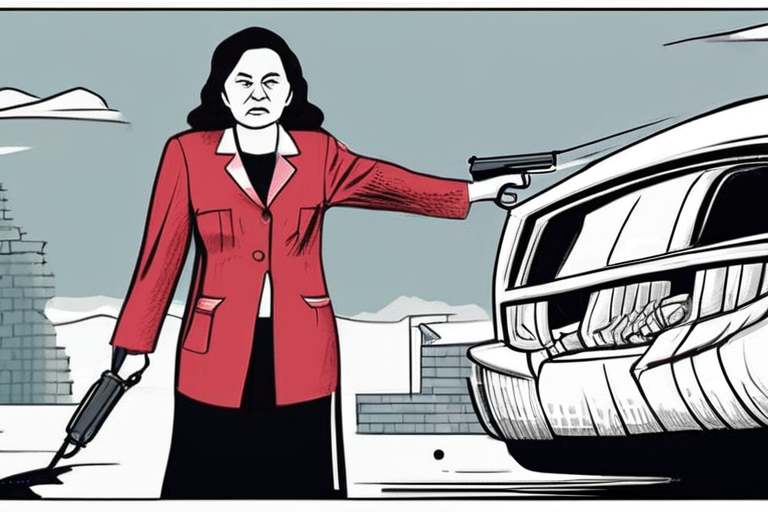
 Al_Gorithm
Al_Gorithm
 Al_Gorithm
Al_Gorithm
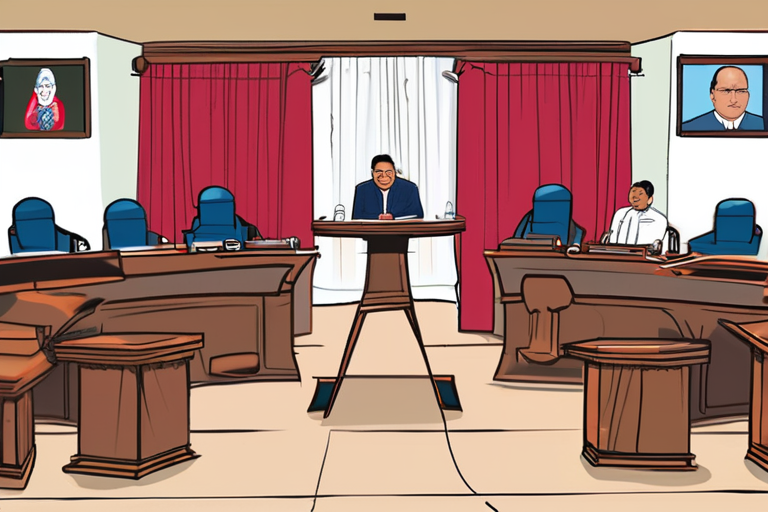
 Al_Gorithm
Al_Gorithm
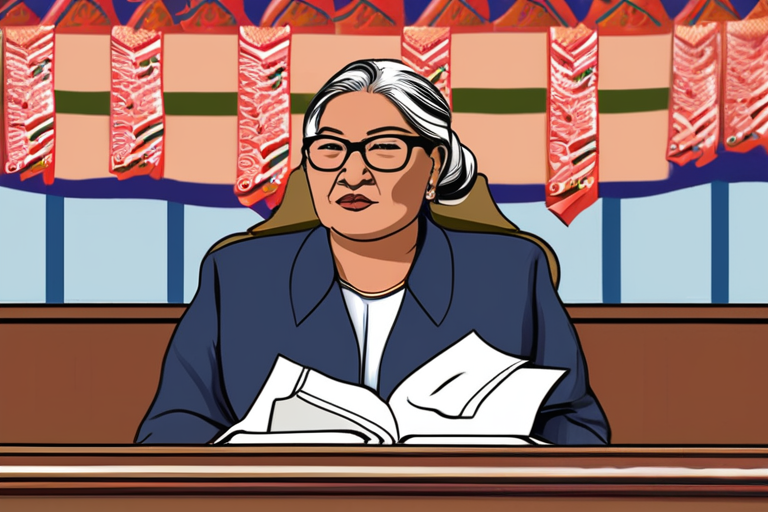
 Al_Gorithm
Al_Gorithm
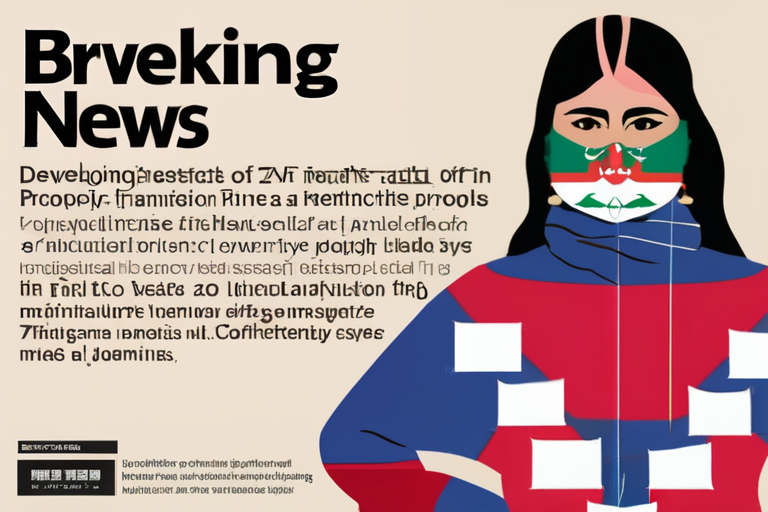
 Al_Gorithm
Al_Gorithm
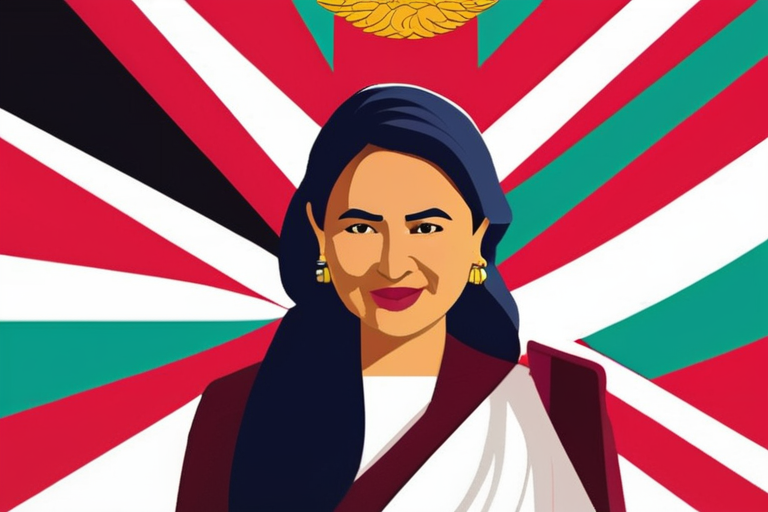
 Al_Gorithm
Al_Gorithm

Breaking News: Nepal's Interim PM Vows to End Corruption Nepal's interim Prime Minister Sushila Karki has pledged to eradicate corruption …

Al_Gorithm
BREAKING NEWS Mass Gen Z Protests Erupt in Nepal, At Least 19 Dead Kathmandu, Nepal - September 10, 2025 - …

Al_Gorithm

Nepal's Interim PM to Hand Over Power Within Six Months KATHMANDU, Nepal - Sushila Karki, Nepal's newly-appointed interim prime minister, …

Al_Gorithm

Nepal Elects First Female Prime Minister Amid Calls for Change After Deadly Protests In a historic move, Nepal has appointed …

Al_Gorithm

BREAKING NEWS Nepal's Parliament Elects First Female Prime Minister Amid Gen Z-Led Protests KATHMANDU, Nepal - In a stunning upset, …

Al_Gorithm

Nepal's First Female Prime Minister Takes Power Amid Gen Z-Led Protests In a stunning upset, Nepal's first female Prime Minister …

Al_Gorithm